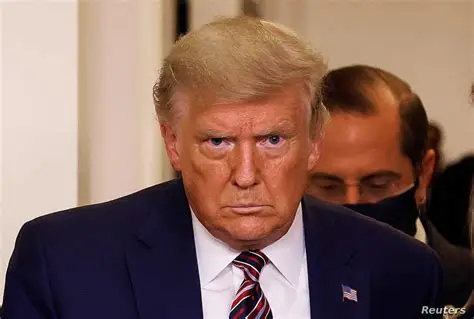Trump threatens new sanctions on Russia and requires collective commitment from NATO countries
September 13, 202567 ViewsRead Time: 2 minutes

Font Size:
16
In a new stance reflecting the increasing American pressure on Moscow, U.S. President Donald Trump announced today, Saturday, that his country is ready to impose additional sanctions on the Russian energy sector, but he linked the implementation of this step to all NATO countries stopping the purchase of oil from Russia and taking similar actions.
Trump's statement came via a post on social media, where he emphasized that Washington will not act alone, but is waiting for a collective agreement within the alliance, at a time when Western calls to tighten the noose on the sources of funding for the Russian war in Ukraine are increasing.
Although energy exports are a vital artery for the Russian economy, tightening restrictions on them raises fears of a global rise in oil prices, which could negatively impact the economies of Western countries and weaken public support for sanctions.
In this context, the finance ministers of the G7 discussed during their recent meeting the possibility of imposing tariffs on countries believed to be providing indirect economic support to Russia, in an attempt to expand the circle of international pressure.
These moves come amid internal criticisms of Trump, who had previously set deadlines for reducing Russian escalation without following up with practical steps, raising questions about Washington's seriousness in managing this file.
According to a recent opinion poll, more than half of Americans believe that the president is being too lenient with Moscow.
In a notable development, the Clean Air and Energy Research Center revealed that Turkey, a NATO member, has become the third largest importer of Russian oil after China and India, placing it in a sensitive position within the sanctions equation.
During the weekend he spends at his private club in New Jersey, Trump proposed imposing high tariffs on China, ranging from 50% to 100%, in order to reduce its economic cooperation with Russia, as well as imposing additional tariffs on Indian goods due to New Delhi's continued import of Russian oil, without taking similar action against Beijing.